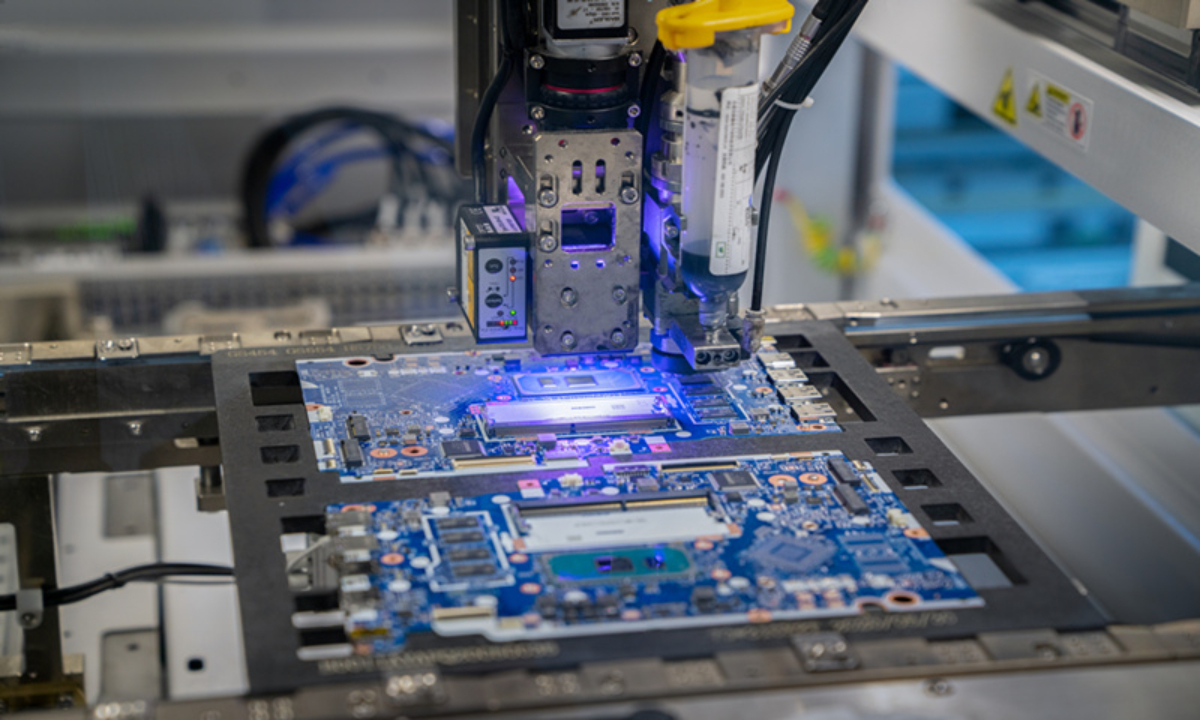Groundbreaking Tech: China's Artificial Womb Robot Could Revolutionise Fertility Treatment

The future of reproductive technology may be closer than we think. Chinese firm Kaiwa Technology has stunned the world with the unveiling of a revolutionary humanoid robot pregnancy system, complete with an artificial womb. Debuted at the 2025 World Robot Conference, this ambitious project aims to offer new hope for those struggling with infertility and reshape the landscape of reproductive medicine.
Mimicking the Miracle of Life
The core concept behind this innovative system is to replicate the natural environment of a human womb. The artificial womb, a complex and sophisticated piece of engineering, is designed to provide the necessary nutrients, oxygen, and regulated temperature for a developing foetus. This allows for a controlled and monitored environment that could potentially overcome many of the challenges associated with traditional IVF and other assisted reproductive technologies.
The Robot's Role: More Than Just a Container
The humanoid robot isn't merely a vessel for the artificial womb. It’s a crucial component of the system, designed to monitor the foetus’s health, administer medication, and provide a stable and nurturing environment. Think of it as a dedicated caretaker, constantly vigilant and responsive to the foetus’s needs. While the robot itself doesn't participate in the biological process of gestation, its advanced sensors and AI capabilities allow for real-time adjustments and interventions, ensuring the optimal conditions for development.
Timeline and Prototype Plans
Kaiwa Technology is aiming for a prototype demonstration in 2026, a remarkably ambitious timeline given the complexity of the project. While significant hurdles remain, the company is confident that this technology holds immense promise for the future. The initial focus will likely be on perfecting the artificial womb environment and ensuring the safety and viability of the foetus.
Ethical Considerations and the Future of Reproduction
Naturally, such a groundbreaking technology raises significant ethical considerations. Questions surrounding the potential impact on family structures, the definition of parenthood, and the accessibility of this treatment are already being debated. However, proponents argue that the potential benefits – providing hope to millions struggling with infertility, reducing the risks associated with pregnancy, and potentially enabling the development of premature infants – outweigh these concerns.
Beyond Infertility: Potential Applications
The implications extend far beyond infertility treatment. This technology could also offer a lifeline for premature babies, providing a more stable and supportive environment than traditional incubators. Furthermore, it could revolutionize our understanding of foetal development and lead to breakthroughs in treating developmental disorders. The possibilities are vast and potentially transformative.
A Glimpse into Tomorrow
China’s artificial womb robot pregnancy system represents a bold step into the future of reproductive technology. While challenges undoubtedly lie ahead, this innovation offers a compelling vision of a world where infertility is no longer a barrier to parenthood and where the miracle of life can be nurtured and protected with unprecedented precision and care. The world will be watching closely as Kaiwa Technology progresses towards its 2026 prototype.






